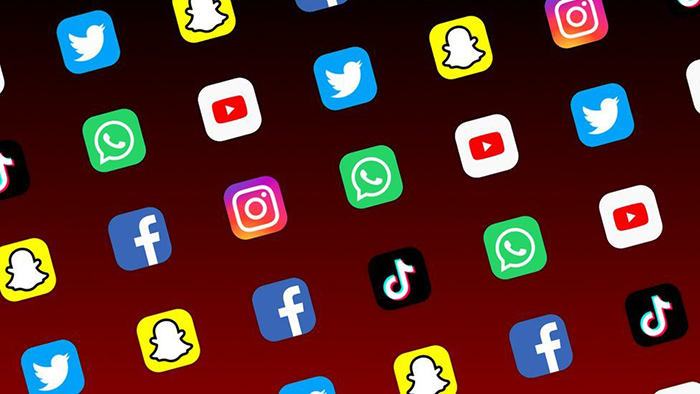According to Kaspersky’s latest research, one-sided relationships, also known as ‘parasocial relationships’, have blossomed worldwide amid social distancing and national Covid-19 lockdowns. A global study of more than 15,000 people in 25 countries from security firm Kaspersky* finds that just under half (36%) of social media users in the UAE believe the influencers they follow provide them with ‘an escape from reality’.
The latest survey shows, that parasocial relationship have are no longer a novelty or a quirk. More than one in five (22%) believe they ‘could be friends’ with influencers they follow and around the same proportion (26) have gone as far as sending a private message to an influencer. Despite the largely virtual nature of these relationships, almost half (49%) of social media users have even met some of the influencers that they follow in real life.
During successive global lockdowns, many of us have spent long periods at home and are turning to virtual companions to replace our lost social lives. This type of one-sided relationship has a strong pull over many lives. More than seven in ten (75%) say that they learn from the influencers they follow in areas such as health, hobbies, style and news. More than a quarter (32%) say they are ‘dependent’ on influencer content and one in ten (18%) even say they feel a sense of absence if they do not engage with influencers.
Many have sought out direct contact with online influencers, most commonly via commenting on their posts (28%) or reacting to their posts or stories (33%).
However, social media has been important for many people during the pandemic, with seven in ten (77%) in the UAE saying social media has provided a vital connection for them during the pandemic. This figure was highest among younger people aged 18-34 (79), who rely on social media for connectivity. People in Vietnam (94%) and South Africa (79%) are the most likely to say social media is a vital connection for them, although half of the people in the UAE (50%) say they have become less tolerant to people on social media during the pandemic.
“Although more than half (56%) of people in the UAE have been on active on social media for more than a decade, many of us are still figuring out how to balance the positives of social media with the negatives,” Emm says. Now, we’ve moved into a new era where virtual relationships are becoming the norm. These one-sided relationships can often lead to oversharing on social media, as people look to develop these relationships. However, this can lead to a huge range of negative and unforeseen consequences – hacking and phishing attempts, doxing and bullying, online shaming – the list goes on.
“It is understandable with the lockdowns we’ve all experienced over the past year that people will have gravitated towards online and parasocial relationships to stave off loneliness and boredom, but it’s crucial that people are aware of the consequences of oversharing online and are able to take a more balanced approach,” comments David Emm, Principal security researcher at Kaspersky.
Kaspersky has also launched its ‘ShareAware Hub’, where people can find handy tips to help them enjoy social media safely.


COMMENTS